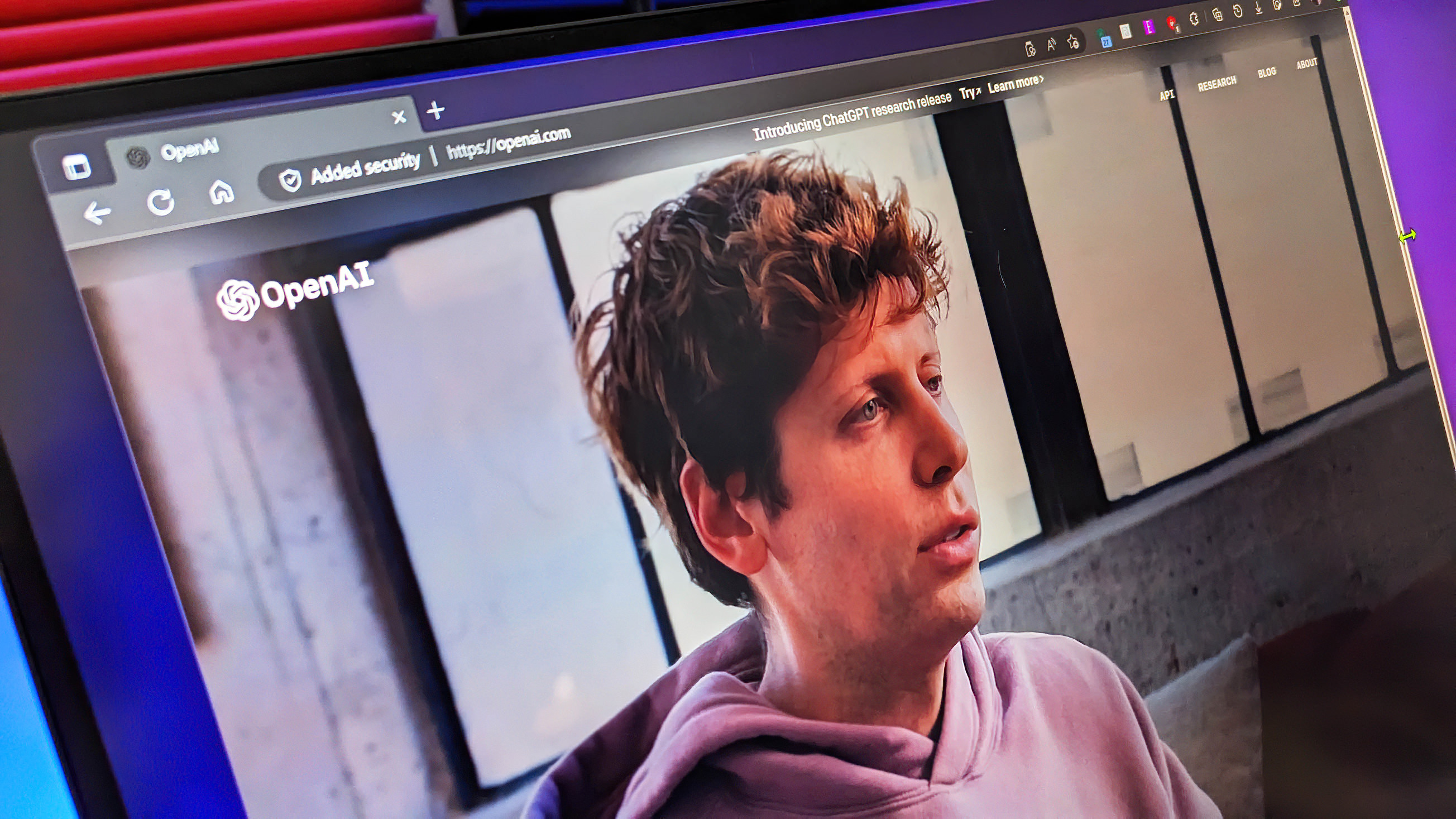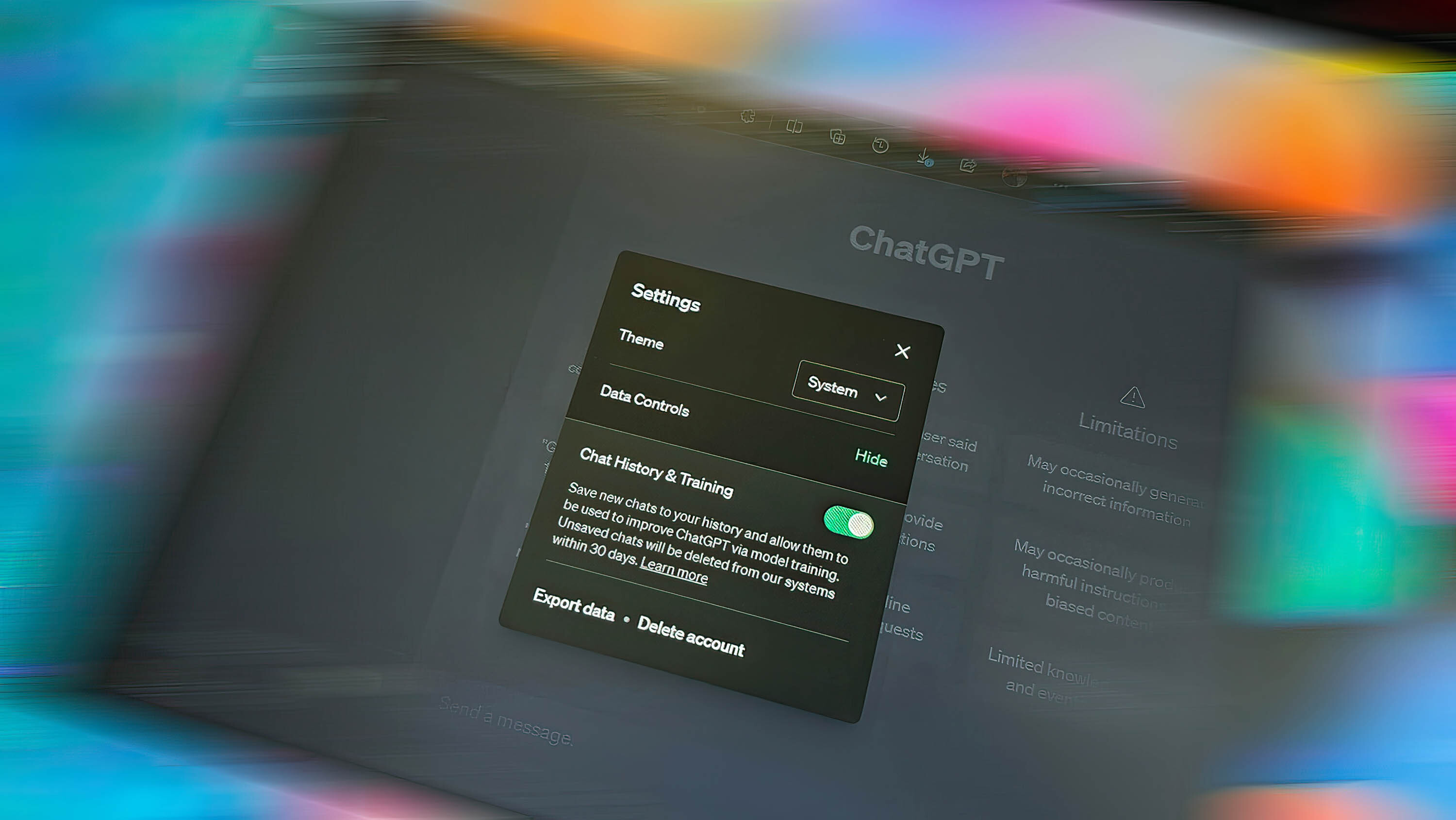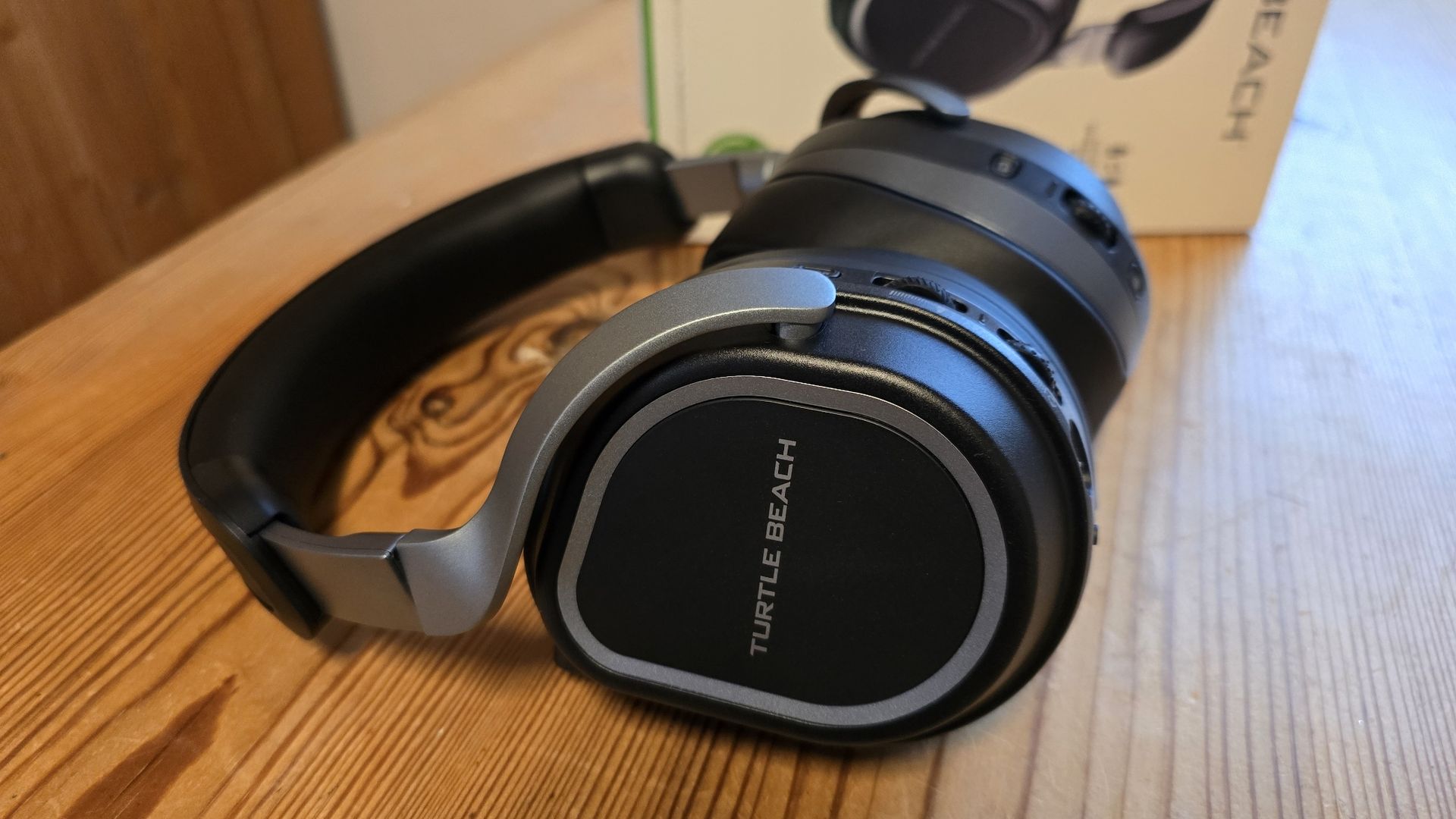ChatGPT4o may have 5 new voices, but former OpenAI staffers are reportedly being coerced to sign NDAs or risk losing vested equity worth millions of dollars
OpenAI is reportedly compelling its former staff members to sign NDAs or risk losing their vested equity.

All the latest news, reviews, and guides for Windows and Xbox diehards.
You are now subscribed
Your newsletter sign-up was successful
What you need to know
- Several employees have left OpenAI after the launch of its new GPT-4o model, including the disbandment of its super alignment team.
- Some employees have indicated that OpenAI prioritizes shiny products over safety and security as one reason for their departure.
- Reports surfacing online indicate OpenAI is forcing its former employees to sign NDAs, which prevent them from criticizing the company or risking losing their vested equity.
- OpenAI CEO Sam Altman and Chief Strategy Officer Jason Kwon deny the allegations despite their signatures appearing in the documents with the clause.
Amid OpenAI's launch of its new and 'magical' flagship GPT-4o model at its Spring Update event with reasoning capabilities across audio, vision, and text in real-time, the ChatGPT maker encountered a significant challenge that led to a loss of some of its executive employees, including its super alignment lead.
Jan Leike admitted that he'd disagreed with the hot startup's top management over security, monitoring, and more while blatantly admitting the company prioritizes 'shiny products' over safety. While a handful of employees have left the company over the past week, little information is available explaining their departure.
A report from Vox over the weekend shed some light on why the former OpenAI remained tight-lipped about their departure from the company. OpenAI reportedly subjected them to nondisclosure and non-disparagement, preventing them from criticizing how it runs its operations even after leaving the company. Failure to sign the end would automatically lead to losing their vested equity.
OpenAI CEO Sam Altman quickly took to his X (formerly Twitter) to refute these claims:
"There was a provision about potential equity cancellation in our previous exit docs; although we never clawed anything back, it should never have been something we had in any documents or communication. This is on me and one of the few times I've been genuinely embarrassed running OpenAI; I did not know this was happening, and I should have."
Sign here for vested equity

However, there seems to be more to the story than Altman is letting on. Despite claiming he didn't know about clawing back ex-employees' vested equity for not signing NDAs, a new report by Vox reveals new documents signed by Altman allowing OpenAI to claw back equity from former employees.
Most companies and startups include equity in their compensation packages. Upon maturity, the vested equity could be worth millions of dollars, depending on the company's growth and several other factors. Provisions usually control how employees can sell their shares before the company goes public.
All the latest news, reviews, and guides for Windows and Xbox diehards.
According to OpenAI staffers, the revelation of the NDA and vested equity issue has caused internal unrest within the company. Per a leaked memo seen by Vox, OpenAI chief strategy officer Jason Kwon:
"The team did catch this ~month ago. The fact that it went this long before the catch is on me."
An OpenAI spokesman disclosed to Business Insider that the company is currently reworking some of the clauses to make the departure process seamless:
"As we shared with employees today, we are making important updates to our departure process. We have not and never will take away vested equity, even when people didn't sign the departure documents. We'll remove nondisparagement clauses from our standard departure paperwork, and we're releasing former employees from existing non-disparagement obligations unless the nondisparagement provision was mutual. We're communicating this message to former employees. We're incredibly sorry that we're only changing this language now; it doesn't reflect our values or the company we want to be."
Strangely, exclusive departure documents belonging to former OpenAI staffers, as seen by Vox, contest the claim that the startup's top management was unaware of the issue. The documents include both Altman's and Kwon's signatures.
Former OpenAI employees who recently departed from the company have reportedly been given up to seven days to sign the NDAs. Failure to sign "could impact your equity."

Kevin Okemwa is a seasoned tech journalist based in Nairobi, Kenya with lots of experience covering the latest trends and developments in the industry at Windows Central. With a passion for innovation and a keen eye for detail, he has written for leading publications such as OnMSFT, MakeUseOf, and Windows Report, providing insightful analysis and breaking news on everything revolving around the Microsoft ecosystem. While AFK and not busy following the ever-emerging trends in tech, you can find him exploring the world or listening to music.
